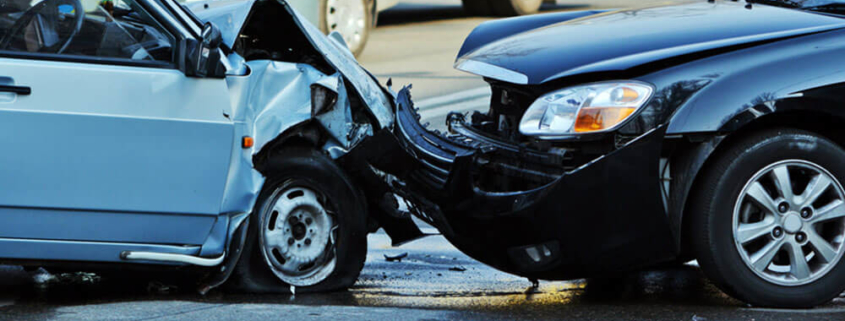What Are the Risks of Crush Injuries During a Car Crash?
Your body can only withstand so much pressure before it begins to collapse under the force—and that is how crush injuries happen. Crush injuries are relatively common in car crashes, thanks to the enormous amount of force created by a motor vehicle. Even at low speeds, a multi-ton car can cause significant damage to a smaller vehicle, bicyclist, or pedestrian. Find out how crush injuries happen and what they mean for your health.
How Do Crush Injuries Happen?
While crush injuries can happen in a wide range of accident types, including work accidents and natural disasters, they are often reported after car accidents. A small passenger car may weigh two tons or more, making it capable of causing serious damage at any speed. This is why bicyclists, motorcyclists, and pedestrians are at a heightened risk for crush injuries. While those in other vehicles have some level of protection from other cars, these groups have none.
A crush injury may occur any time an object hits the body with significant force. Some of the ways crush injuries happen in car accidents include:
- Being in an underride accident with a tractor-trailer, where the truck’s back end can crush your vehicle and those in the front seats
- An object breaking through the windshield and hitting a vehicle occupant
- Being stuck between a median, guardrail, or other fixed object and your vehicle after an accident
- Being crushed by components of the vehicle in a rollover crash
- Being in the middle of a high-speed three-car crash that crushes your car and forces you into the dashboard
Damage Caused by Crush Injuries
Crush injuries cause many different types of damage, some of which can be fatal if left untreated. This is why we always recommend seeking medical attention after a car accident—while everything may look okay on the outside, it’s entirely possible that severe internal injuries are hiding below the surface.
Some of the injuries and signs you may notice after a crush injury include:
- Significant bruising
- Nerve damage that leaves the extremities numb or tingling
- Broken or crushed bones
- Bleeding and lacerations
- Severe pain in the muscles and soft tissues of the body
- Difficulty breathing
- Muscle soreness
- Paleness, fatigue, and deep bruising caused by internal bleeding
In some cases, victims of crush injuries are unable to move. If your legs or parts of your back are crushed, you may be left paralyzed until the injuries can be treated. In some severe cases, the paralysis is permanent.
The Long-Term Dangers of Crush Injuries
Short-term, it’s obvious that a crush injury can leave a victim paralyzed, in severe pain, or unable to breathe. However, crush injuries can also have devastating long-term consequences. Possible long-term outcomes include:
- Limb ischemia: This occurs when a limb is crushed and blood flow to the area is restricted. Those with limb ischemia may need limb amputations, and they’re also at a higher risk of cardiovascular issues.
- Hyperkalemia: Cell death resulting from crush injuries can cause potassium to be released into the bloodstream. If enough excess potassium is released, the victim may have a heart attack.
- Crush syndrome: Rapid cell death often occurs in crush injuries. As cells die, they release toxins into the bloodstream—and when so many cells die at once, it’s easy for the toxins to overwhelm the body. Possible outcomes include kidney failure and heart attack.
- Compartment syndrome: Compartment syndrome occurs when there is a significant increase in pressure inside a muscle. Restricted blood flow and pain follow, and victims may experience numbness, low pulse, and paralysis.
Crush injuries can severely impact your life or even become fatal. It’s crucial to seek medical care as soon as possible after a car crash. If you’ve experienced a crush injury or any other type of injury, your outcome may be markedly better if you get prompt treatment. It’s also recommended that you talk to a personal injury lawyer after getting checked out by a medical professional. If your crush injuries cause you to miss work, incur medical bills, or experience ongoing pain or mobility loss, you may be entitled to compensation.





Leave a Reply
Want to join the discussion?Feel free to contribute!